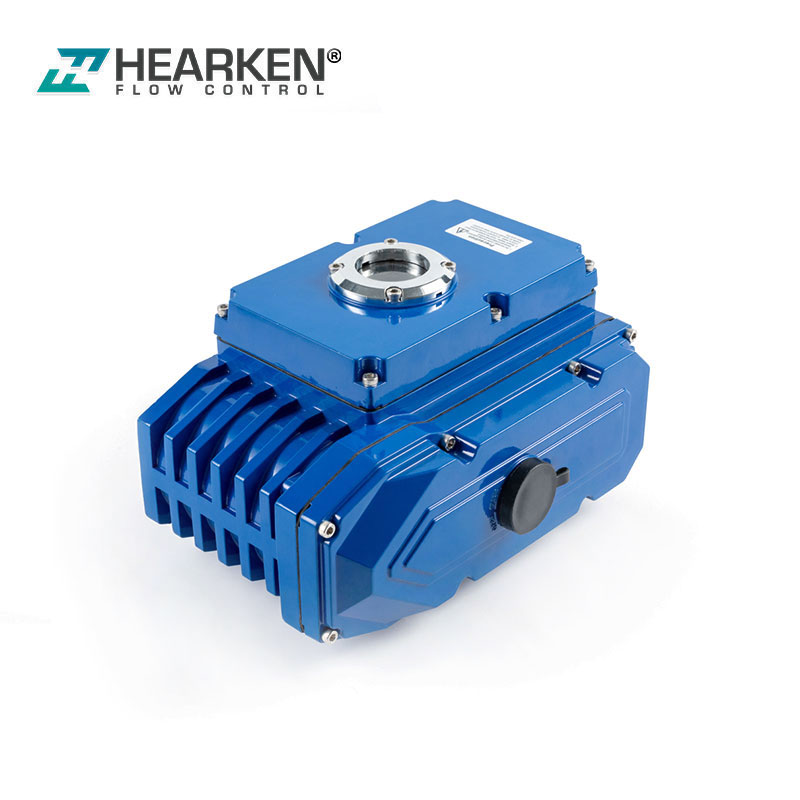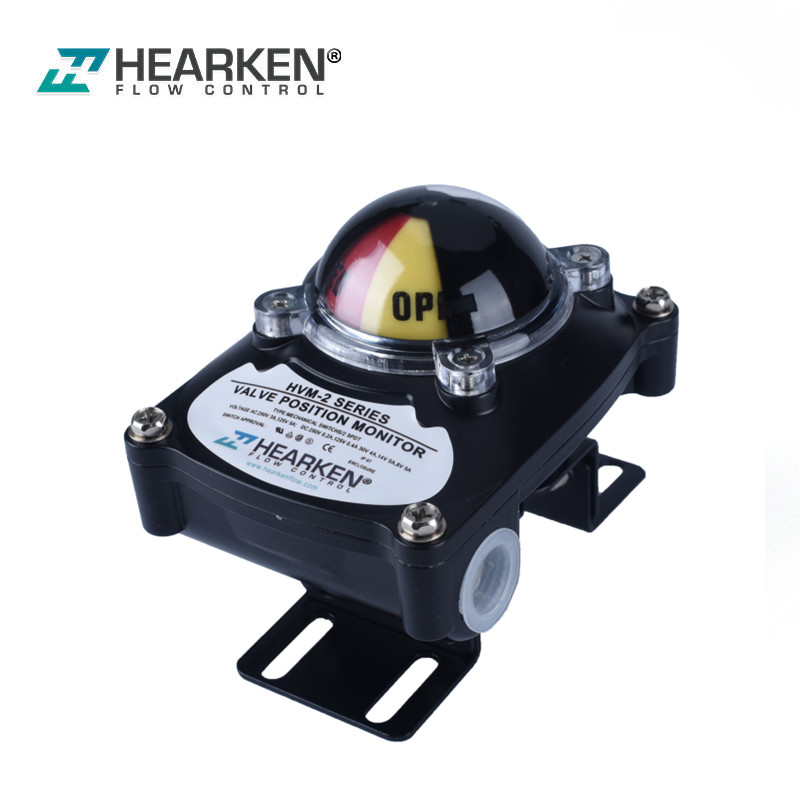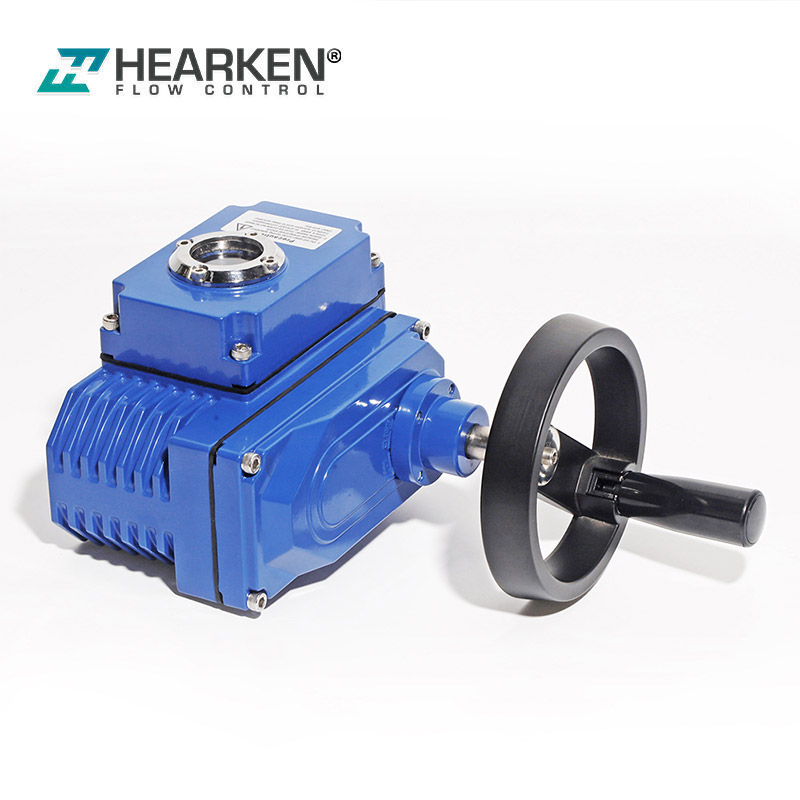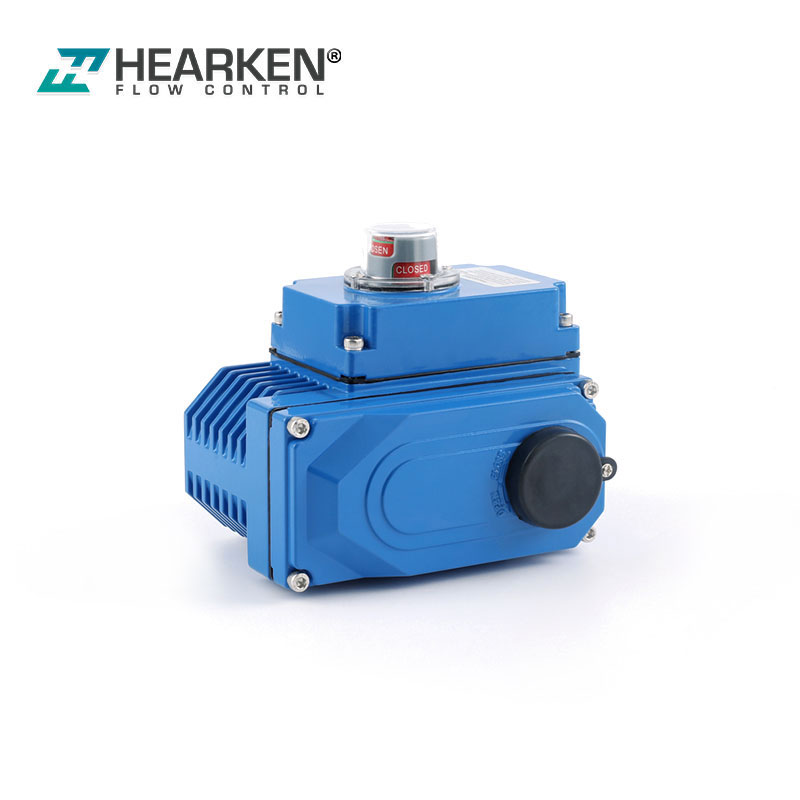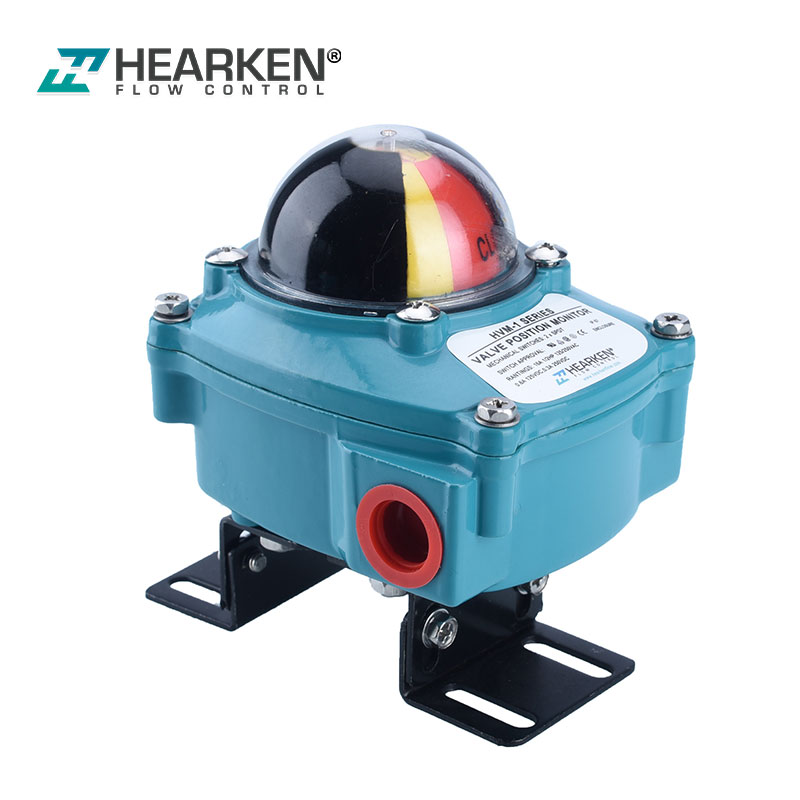Valves Commonly Used in Water Treatment Projects
A variety of valves are commonly used in water treatment projects to control water flow. The most common types of valves are globe valves, gate valves, ball valves, and butterfly valves. Each type of valve has its own unique benefits and drawbacks that should be considered before choosing which type of valve to use for a particular application.
Globe Valve
A globe valve is a type of valve used for regulating flow. It consists of a movable disk-type element and a stationary ring seat in a spherical body. The disk is attached to a stem that passes through the body from top to bottom. The following features characterize globe valves:
- A linear flow path
- A low volume of fluid trapped when the valve is closed A moderate flow resistance
- The ability to control flow over a wide range of conditions
Applications
Globe valves are widely used in the petrochemical, power generation, oil & gas, and process industries because they can handle various fluids at high pressures and temperatures. They are also used in piping systems that carry highly viscous liquids, such as slurries and Polyethylene (PE) melt.
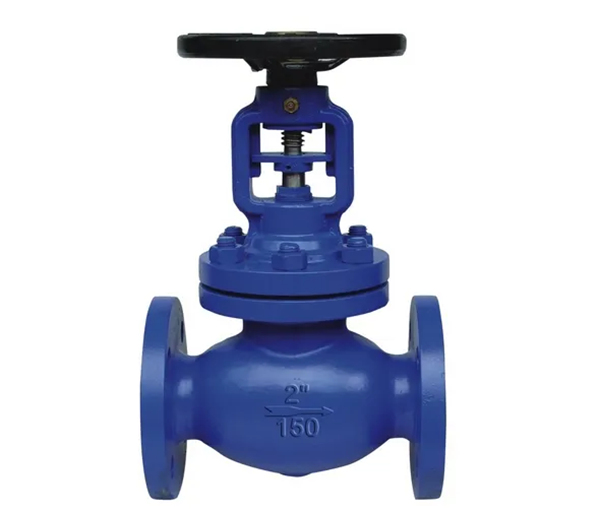
Butterfly Valve
Butterfly valves consist of a circular disk that rotates around a central axis in a cylindrical body. The disk is connected to a stem that passes through the body from top to bottom. Butterfly valves have the following characteristics:
- Compact design suitable for installation in confined spaces
- Lightweight construction that makes it easy to operate
- Ease of maintenance because it can be disassembled without removing piping Modulation or throttling ability over wide ranges of conditions
Applications
Butterfly valves can be found in various piping systems because they offer good durability and strength at a relatively low cost. They are often used as isolation or control valves in water distribution networks, HVAC systems, and process lines carrying air, gases, steam, petroleum products, etc.
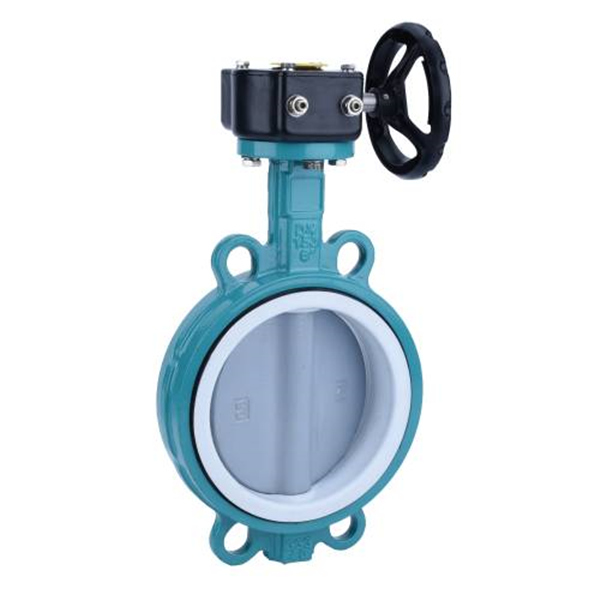
Gate Valves
A gate valve is a valve that is opened by lifting a round or rectangular gate/wedge out of the path of the fluid. The body can be cast iron, ductile iron, cast steel, forged steel, bronze, or stainless steel.
Characteristics associated with these valves include:
- Flexible as they can be used in a wide variety of applications They come in two main designs
- Easy to operate Easy to maintain
Applications
Gate valves are flexible and can be used in various applications, including oil and gas production, water treatment plants, sewage treatment plants, and power plants. When choosing a gate valve for your project, keep in mind that they come in two main designs: rising stem and non-rising stem. Rising stem gate valves are more common because they're easier to operate and maintain than non-rising stem gate valves.
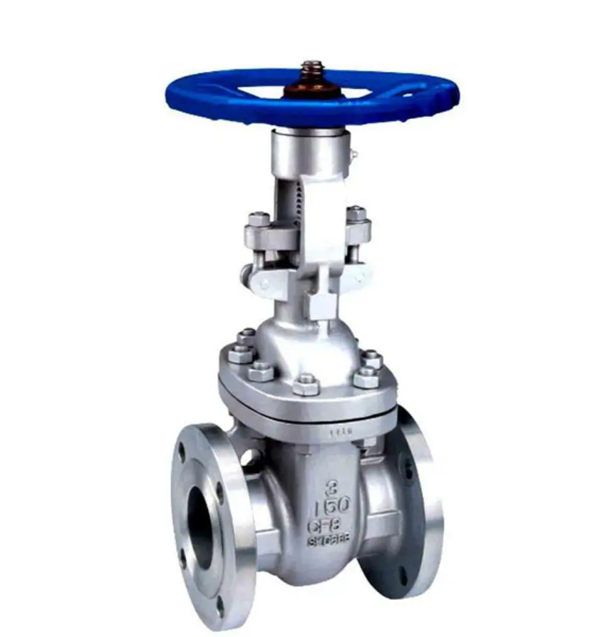
Ball Valve
Ball valves use a ball-shaped disk to control the flow of liquids or gases. The ball has a hole drilled through it aligned with the pipeline when the valve is in the open position. The flow is blocked when the ball is rotated, so the gap is no longer aligned with the pipeline. Due to their versatility, these valves are one of the most commonly used types in industrial and commercial applications. Key benefits of ball valves include:
- They come in a wide range of sizes.
- They can be made from various materials, including brass, bronze, stainless steel, plastic, and cast iron. Available in various designs such as floating ball design, trunnion ball design, and reduced port design.
Applications
Ball valves are often used in high-reliability applications, such as controlling water flows in household plumbing, transferring chemicals in factories, monitoring fluid levels in tanks, and measuring fluid flow rates. They are also relatively easy to operate, making them a good choice for water treatment projects.
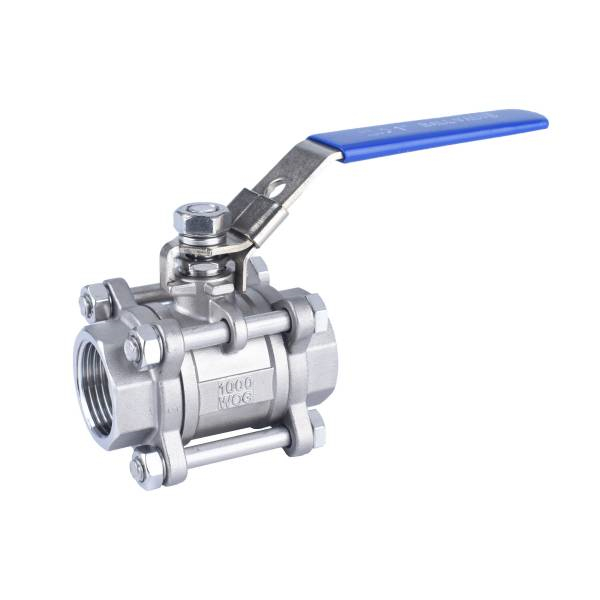
There are many types of valves, each with its advantages and disadvantages. The type of valve you choose will depend on the specific needs of your project.

